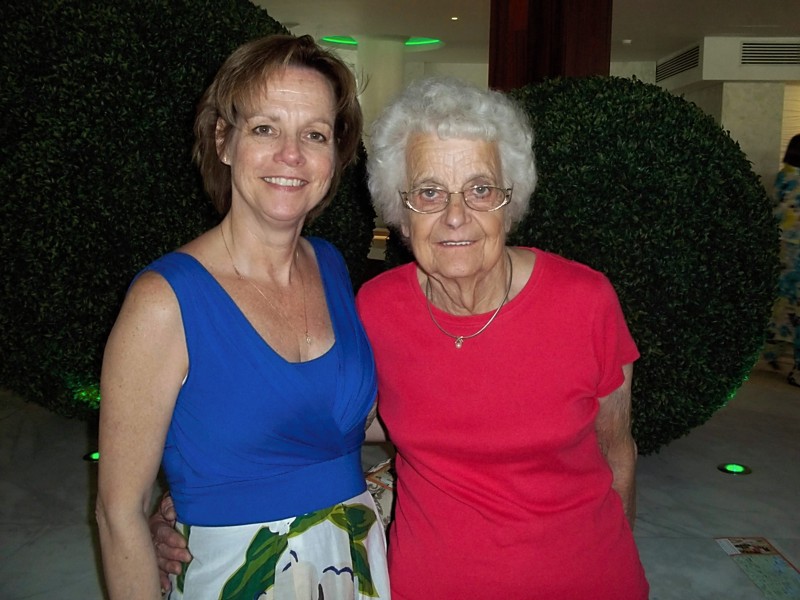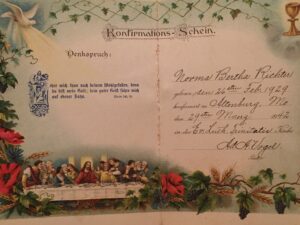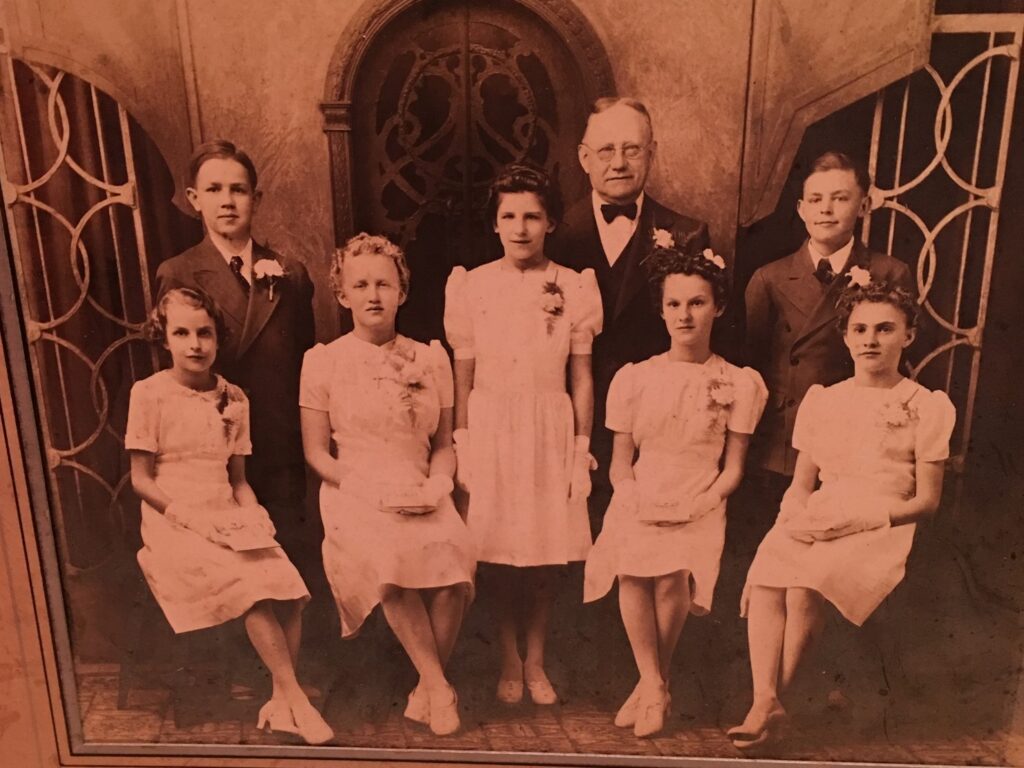She gave this name to the LORD who spoke to her: ‘You are the God who sees me,’ for she said, ‘I have now seen the One who sees me.’ That is why the well was called Beer Lahai Roi; it is still there, between Kadesh and Bered. Genesis 16:13-14
The dust had not settled much in the last 14 years. After six moves back and forth across the United States, we were back in our home state. Our tent pegs staked in more familiar ground.
Our son, a recent college graduate, was excited about a full-time job in sync with his degree; our daughter eager as she navigated her first year of college. Having gone on before me to start work in our new location, my husband and I were back together after months apart.
A good place to be. Until, that is, the afternoon it fell apart when my husband met me coming up the stairway saying, “Well, I guess I’m going to be home for a while …”
In the Old Testament book of Genesis, we hear of Hagar. A short chapter of only sixteen verses, Genesis 16 is filled with dreams that fall apart.
We may never have heard of this obscure Egyptian slave girl had Abram not gone down to Egypt escaping a famine in Canaan (Genesis 12). Hagar was likely one of the maidservants the pharaoh of Egypt gave Abram when he moved on.
Abram was living on a ten-year-old promise from God of a life of fruitfulness, “… if anyone could count the dust, then your offspring could be counted.” (Genesis 13:16) Sarai, his wife, was getting older. Now some seventy-five years of age, she was still childless.
Believing it humanly impossible for her to give Abram a child, Sarai decides to follow the Middle Eastern custom of the day: She proposes Abram take Hagar as his wife so that she, Sarai, might have a child through her.
Abram agrees. Hagar submits. And no one seems to appeal to God, asking Him for His will.
Ahh, yes. The benefit of hindsight allows us to see clearly the absolute foolishness of this decision. Heartache. Rivalry. Jealousy. Conflict. All follow … for centuries.
Hagar becomes pregnant. Thinking she is now the better woman, she begins to despise Sarai.
Irrational, Sarai blames Abram: “It’s all your fault!” She treats Hagar cruelly. And Hagar runs; something forbidden of a slave, not to mention threatening both her life and that of her unborn child.
The Angel of the Lord meets the distressed, pregnant fugitive beside a desert spring: Where have you come from, Hagar? Where are you going?
Answering the first question — I’m running away from my mistress, Hagar seems to have no answer for the second.
But the Lord was at Hagar’s heels. Go back to your mistress and submit to her. (Genesis 16:9) She must return. She left without permission. True, Sarai had wronged Hagar; but Hagar was not permitted to even the score by doing wrong herself. Two wrongs do not make a right. God points Hagar to the only way to receive grace and His blessing.
It could not have been easy, but Hagar goes back.
She returns with a promise from God. I will increase your descendants that they will be too numerous to count. (Genesis 16:10)
She goes back with the profound experience having glimpsed the truly omniscient and powerful God, with assurance that she was the object of His special care.
She names Him “The God Who Sees Me” for I have now seen the One who sees me. (Genesis 16:13)
The foolishness of hasty actions. The care by the all-seeing God over the lonely. The strength and comfort that accompany trials and difficulties. God working out His gracious purpose, even through seemingly harsh circumstances.
El Roi — The God Who Sees Me — still seeing each of us today, especially when dreams fall apart.
Precious Lord, take my hand,
Lead me on, let me stand;
I am tired, I am weary, I am worn.
Through the storm, through the night,
Lead me on to the light.
Take my hand, precious Lord; lead me home.



